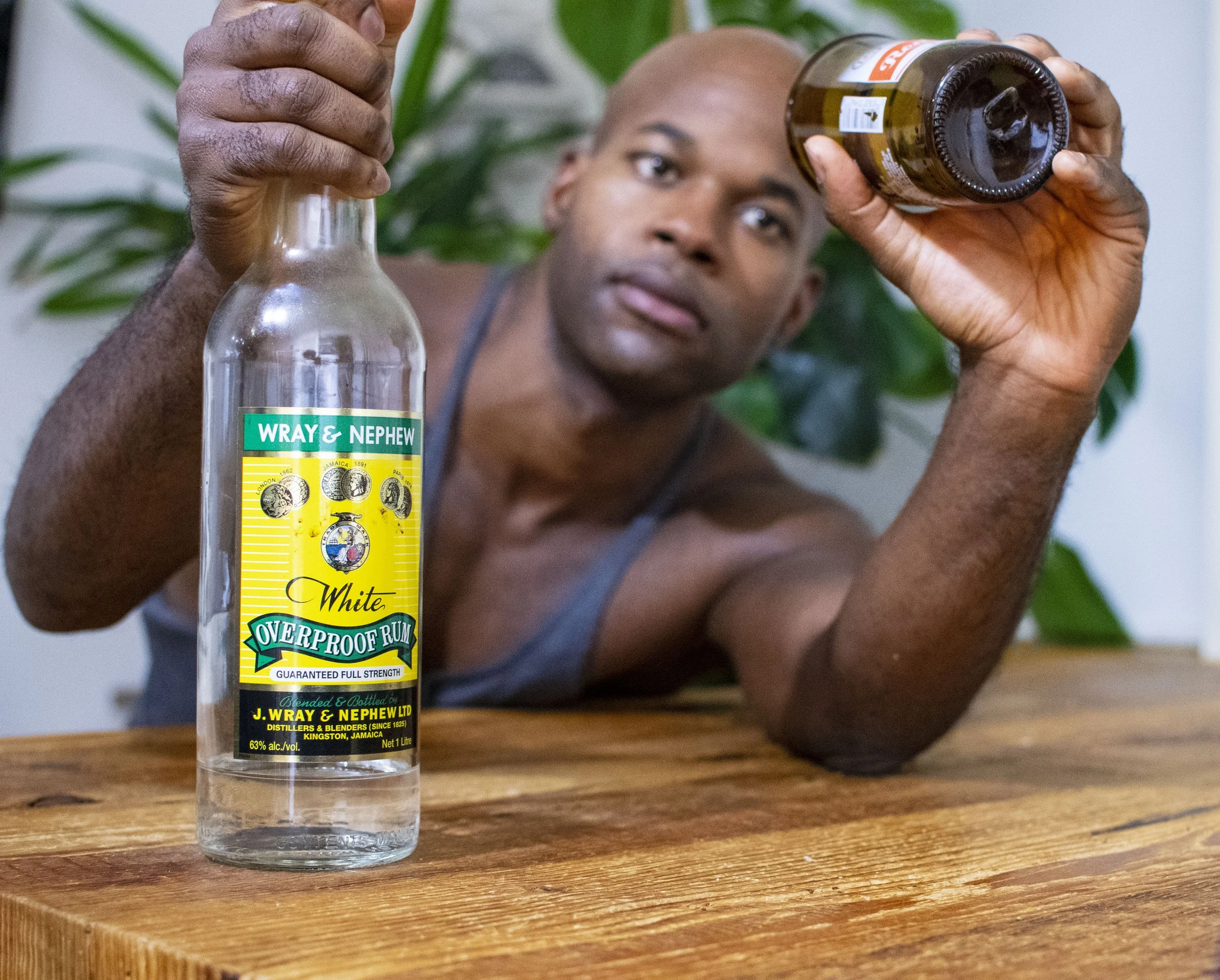Nightcap or No Nightcap?
Alcohol is a central nervous system depressant that has been around as long as man has been on the earth. Many cultures have their local brew dating back hundreds if not thousands of years. In some cultures all you need, to get the party started is good food, good friends and good wine. In other cultures nap time is only official with a nightcap. However, is having a night cap a big deal— does really matter when you drink alcohol?
Alcohol is known to cause brain activity to slow down creating sedative effects that can induce feelings of sleepiness. Many people think that since it already causes feelings of drowsiness, then it must be ok. But is, it ok?
4 reasons why you might want to think twice about drinking alcohol before bed.
.
1. It Interferes With Your Circadian Rhythm
The circadian rhythm is your body’s internal clock that synchronizes many automatic processes which are essential for you to function. Think of this way, many of your body processes such as your digestive system, immune system calibrate their individual clocks based on the circadian rhythm. If multiple systems are too far behind or too far forward with the timing of their individual processes, then internal chaos may occur.
2. Increases the amount of times you may have to use the bathroom.
Every time you get up to use the bathroom at night when you are sleeping, your sleep quality becomes disrupted. Alcohol is a diuretic, and because of this, it may cause your body to dispel more than normal amounts of fluids by inhibiting the release of vasopressin, your body’s natural anti-diuretic hormone. More fluid loss means more vitamin and mineral loss, which may affect your autonomic nervous system and other processes that are critical for your body to function.
3. Increases cortisol which is responsible for the sleep wake cycle
Alcohol dysregulates the hypothalamic-pituitary-adrenal (HPA) axis, causing an increase in cortisol. High cortisol levels are catabolic, detrimental to health and may lead to hypertension, impairment of immune function, and alteration of metabolism, all the things that might impact your sleep. Your cortisol levels rise naturally during sleep and is a mechanism that is utilized by your innate intelligence to wake you up. Too high means at the beginning of your sleep, may cause restless, poor quality sleep.
4. Having alcohol in the evening reduces your ability in combating stress.
Melatonin is a powerful endogenous antioxidant that is also involved in circadian rhythm regulation, thermoregulation, sleep induction, immunomodulatory, and countering oxidative stress. It is also a regulator of your sleep/wake cycle, helping you feel awake during daylight hours and sleepy at night. Research shows that consuming alcohol — even in a moderate dose — an hour before bedtime can cause a notable reduction in melatonin production.
References:
https://medlineplus.gov/alcohol.html
https://www.ncbi.nlm.nih.gov/pmc/articles/PMC4666864/
https://www.healthline.com/health/why-does-alcohol-make-you-pee
https://pubmed.ncbi.nlm.nih.gov/21330066/
https://pubmed.ncbi.nlm.nih.gov/17612945/
https://pubmed.ncbi.nlm.nih.gov/32419511/
https://pubmed.ncbi.nlm.nih.gov/19576882/

